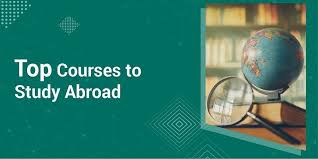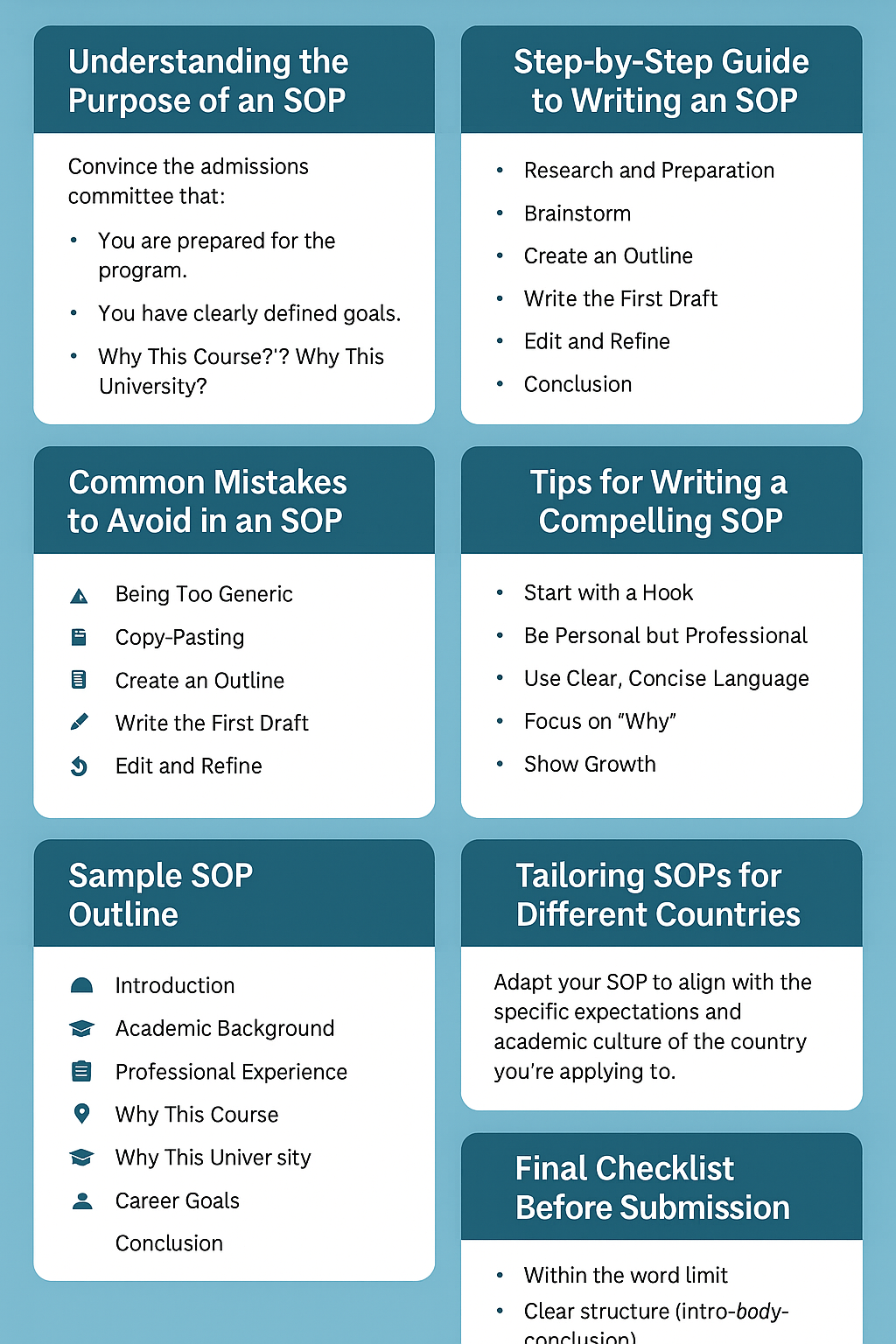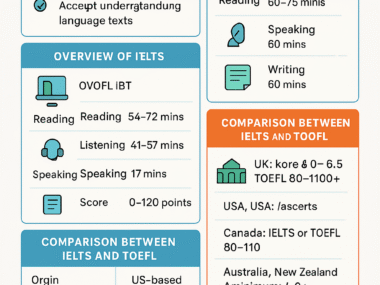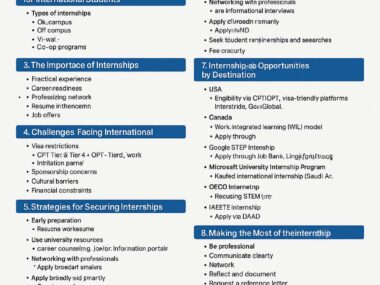HOW TO APPLY FOR SCHOLARSHIPS TO STUDY ABROAD
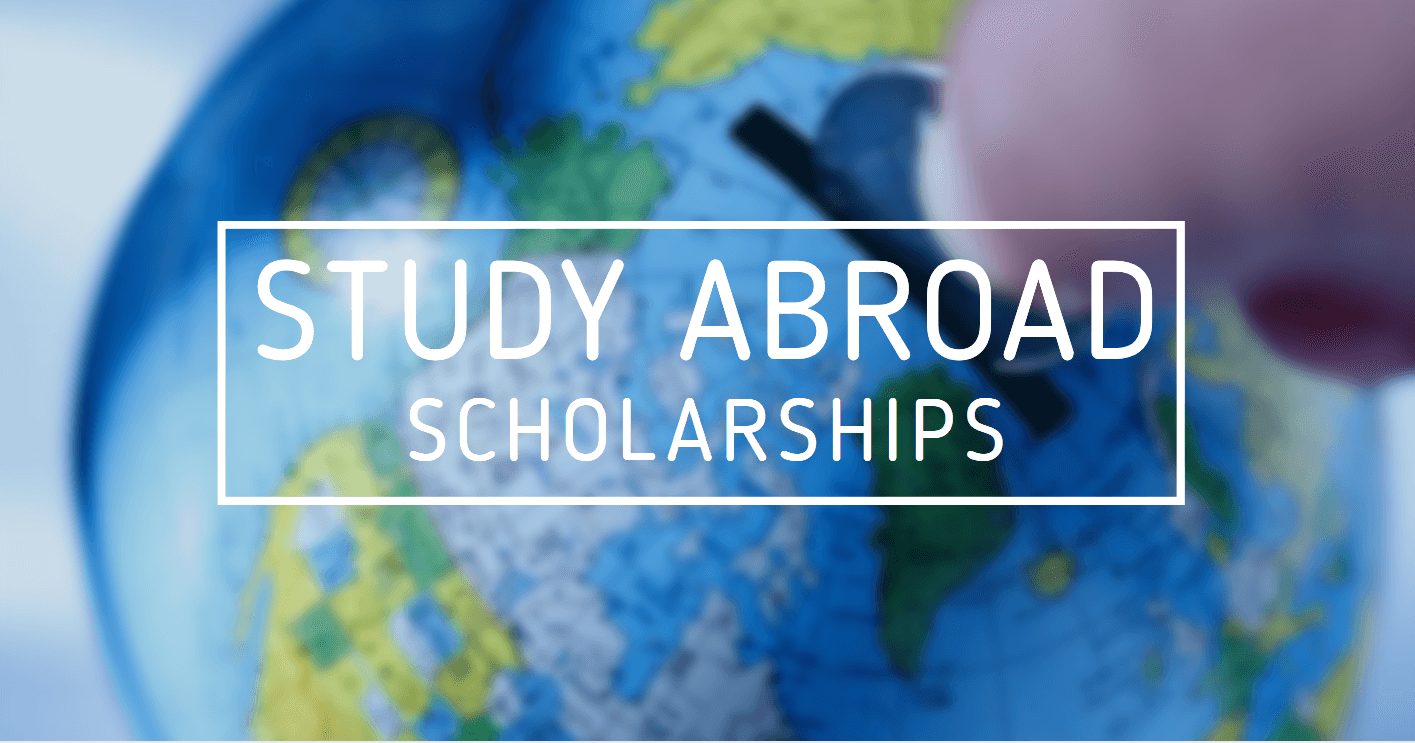
Studying abroad is a dream for many students, offering opportunities to gain a world-class education, immerse themselves in new cultures, and enhance career prospects. However, the high costs of tuition, accommodation, travel, and living expenses can be a significant barrier. Scholarships play a vital role in bridging this financial gap, making international education accessible to deserving students across the globe.
Applying for scholarships to study abroad can be a complex and competitive process. It requires strategic planning, thorough research, and a proactive approach. This guide will explore the entire process in detail—from understanding the types of scholarships available and identifying eligible opportunities to crafting compelling applications and finally securing funding for your studies abroad.
UNDERSTANDING SCHOLARSHIPS
What is a scholarship?
A scholarship is a financial award given to students to support their education. Unlike loans, scholarships do not require repayment and are usually merit-based, need-based, or awarded for special talents or characteristics.
Types of Scholarships
- Merit-Based Scholarships: Awarded based on academic excellence, artistic ability, or athletic prowess.
- Need-Based Scholarships: Given to students from low-income backgrounds to help cover tuition and living costs.
- Government Scholarships: Funded by national or international governments to promote educational diplomacy.
- University Scholarships: Offered by individual institutions to attract talented or underrepresented students.
- Private Scholarships: Funded by corporations, NGOs, and philanthropic organizations.
- Program-Specific Scholarships: Targeted at students enrolling in particular courses, e.g., STEM, humanities.
- Region-Based Scholarships: Focused on students from certain countries or regions.
RESEARCHING SCHOLARSHIPS
Start Early
Begin searching for scholarships at least 12–18 months before your intended study abroad program. Early planning gives you a better chance to meet deadlines, gather documents, and tailor applications.
Where to Look
- Official University Websites: Check the financial aid or scholarship pages of prospective schools.
- Scholarship Portals:
- Government Websites:
- Fulbright (USA)
- Chevening (UK)
- DAAD (Germany)
- Erasmus Mundus (EU)
- MEXT (Japan)
- Embassies and Cultural Centers: Often promote exchange programs and scholarships for bilateral relations.
- Social Media and Forums: Join groups and pages related to scholarships and international education.
Evaluate Eligibility Criteria
Not all scholarships are open to everyone. Review:
- Nationality or citizenship requirements
- Academic prerequisites (GPA, degrees, standardized tests)
- Language proficiency (IELTS, TOEFL)
- Specific fields of study
- Gender, age, or minority preferences
PREPARING FOR APPLICATIONS
Gather Required Documents
Most scholarship applications require:
- Academic transcripts
- Proof of language proficiency
- Letters of recommendation
- Statement of purpose or motivation letter
- Curriculum Vitae (CV) or resume
- Passport or ID
- Admission letter (for some scholarships)
Standardized Tests
Depending on the country and program, you may need to take:
- TOEFL/IELTS – English proficiency
- SAT/ACT – Undergraduate admissions
- GRE/GMAT – Graduate programs
Create a Scholarship Application Tracker
Build a spreadsheet to track:
- Scholarship name
- Deadline
- Requirements
- Application status
- Contact information
Get Recommendation Letters
Choose academic or professional referees who:
- Know you well
- Can speak about your qualifications
- Understand the scholarship’s objectives
Politely request the letters well in advance and provide them with:
- Your CV
- Program description
- Deadlines
WRITING A WINNING APPLICATION
Crafting an Impressive Statement of Purpose (SOP)
This is your chance to tell your story. A strong SOP includes:
- Who you are
- Why you chose this course/country
- Your academic and career goals
- Why you deserve the scholarship
- How the scholarship will impact your future
Tips:
- Be authentic and specific
- Avoid generic phrases
- Tailor the SOP for each scholarship
- Proofread thoroughly
Writing a Compelling Scholarship Essay
If required, essay prompts might ask:
- “Describe a challenge you overcame.”
- “Why do you want to study abroad?”
- “How will this scholarship help your community?”
Tips:
- Structure your essay clearly (introduction, body, conclusion)
- Use real-life examples
- Demonstrate your impact and potential
Structuring Your CV or Resume
Highlight:
- Academic achievements
- Research and projects
- Volunteer work
- Leadership roles
- Awards and honors
- Relevant work experience
Use a clean format, keep it concise (1–2 pages), and tailor it to the scholarship.
SUBMITTING THE APPLICATION
Online Applications
Most scholarships today require online submission. Ensure:
- All files are uploaded in required formats (PDF, DOC)
- File names are clear and professional
- Submission confirmation is received
Paper Applications
If needed:
- Use neat, legible handwriting or typed responses
- Ensure documents are properly signed and dated
- Send well ahead of the deadline using a reliable courier
Deadlines
Always meet deadlines. Late applications are almost always disqualified.
Tip: Set reminders one week and one day before each deadline.
POST-APPLICATION PROCESS
Interviews
Some scholarships involve interviews, either online or in person. Prepare by:
- Reviewing your application
- Researching the scholarship organization
- Practicing common questions
Sample questions:
- Why do you deserve this scholarship?
- Tell us about your long-term goals.
- How will you contribute to our community?
Waiting Period
During this phase:
- Avoid sending multiple follow-ups
- Use the time to apply for more scholarships
- Keep documents and information ready for further steps (like visa applications)
Receiving the Offer
If you are selected:
- Carefully read the offer letter
- Understand the funding details (tuition, travel, living costs, insurance)
- Accept the scholarship within the stipulated time
- Start preparing for visa and travel
COMMON MISTAKES AND HOW TO AVOID THEM
Missing Deadlines
Solution: Use a calendar or application tracker.
Submitting Generic Applications
Solution: Customize each application and SOP for the specific scholarship.
Ignoring Instructions
Solution: Read all guidelines carefully and follow them.
Weak or Unedited Essays
Solution: Ask mentors or peers to review and give feedback.
Applying to Ineligible Scholarships
Solution: Match your qualifications with eligibility criteria before applying.
REAL-LIFE SUCCESS STORIES
Adebayo from Nigeria – Commonwealth Scholarship Winner
Adebayo, a public health graduate, applied for the Commonwealth Master’s Scholarship. By showcasing his rural health outreach work and crafting a detailed SOP, he won full funding to study in the UK.
Priya from India – Erasmus Mundus Scholar
Priya secured an Erasmus Mundus Joint Master Degree Scholarship by applying to three partner universities. Her diverse academic background and passion for climate studies made her stand out.
Juan from Colombia – Fulbright Scholar
Juan combined academic excellence with a strong essay about his commitment to educational reform in Latin America. He gained admission and funding through the Fulbright program to study education policy in the U.S.
SCHOLARSHIPS BY REGION AND COUNTRY
United States
- Fulbright Program
- Hubert H. Humphrey Fellowship
- American University Emerging Global Leader Scholarship
United Kingdom
- Chevening Scholarships
- Commonwealth Scholarships
- Rhodes Scholarship
Canada
- Vanier Canada Graduate Scholarships
- Lester B. Pearson International Scholarships
- IDRC Research Awards
Australia
- Australia Awards
- Destination: Australia
- University of Melbourne Graduate Scholarships
Europe
- Erasmus Mundus Joint Master Degrees
- DAAD (Germany)
- ENS International Selection (France)
Asia
- MEXT (Japan)
- Chinese Government Scholarship
- Singapore International Graduate Award (SINGA)
FINAL TIPS AND ENCOURAGEMENTS
Apply Broadly
Don’t put all your eggs in one basket. Apply to multiple scholarships and countries to improve your chances.
Stay Organized
Keep backups of all documents, applications, and communications.
Ask for Help
Seek guidance from alumni, teachers, education consultants, and online forums.
Keep Improving
If rejected, reapply next year. Improve your qualifications, rewrite your essays, and try again.
Stay Positive
Scholarship hunting is a journey. With persistence, strategic planning, and belief in your abilities, success will come.
CONCLUSION
Applying for scholarships to study abroad is both a challenge and an opportunity. It demands clarity, effort, and dedication, but the rewards—access to world-class education, personal growth, and international exposure—are well worth it. By understanding the process, avoiding common pitfalls, and presenting yourself authentically, you can turn your dream of studying abroad into reality through a well-earned scholarship.
Stay focused, work hard, and believe in your potential. The world is full of opportunities—go claim yours!

